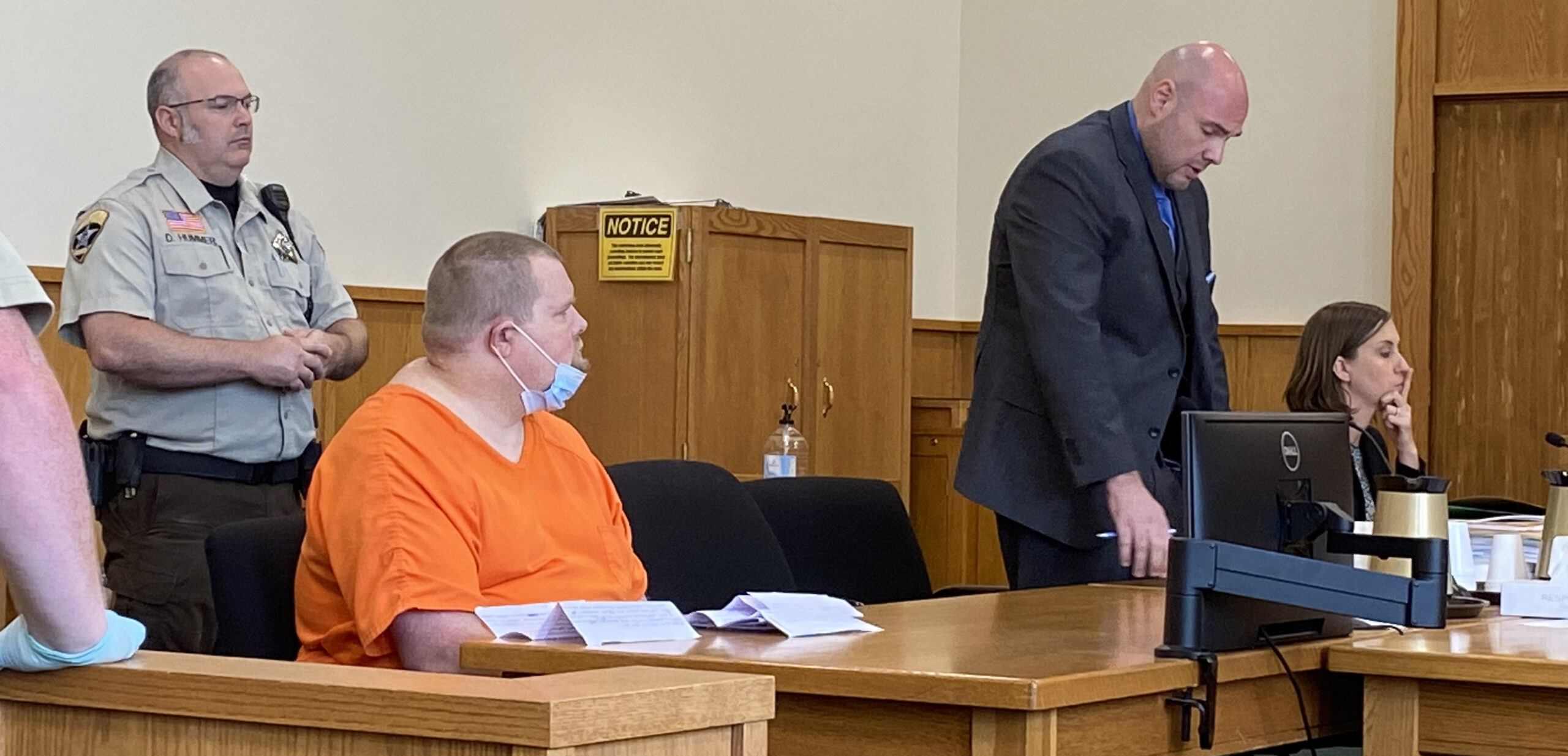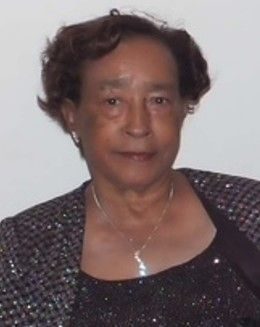Judge rules Adams County State’s Attorney’s office can no longer prosecute Wiley first-degree murder case

QUINCY — Judge Michael Atterberry ruled Wednesday morning in Adams County Circuit Court the Adams County State’s Attorney’s office will no longer be allowed to participate in the prosecution of a Quincy man charged with first-degree murder.
Travis Wiley, 34, appeared Wednesday morning before Atterberry. He was set to go to trial July 18 on three counts of first-degree murder and one count of aggravated battery in the Jan. 22, 2018, death of an infant girl. He is accused of shaking the infant on Jan. 20, 2018. She died two days later at SSM Health Cardinal Glennon Children’s Hospital in St. Louis.
Ryan Parker, an attorney with the local firm Hauk & Owens, had represented Wiley since Aug. 1, 2018 — a little more than a month after Wiley was arrested on June 20, 2018. However, Parker recently accepted a job as an assistant state’s attorney in Adams County. His first day on the job was June 21.
Parker filed a motion to withdraw as Wiley’s counsel on June 13. Atterberry granted the motion June 29 to give Wiley time to find private counsel, but he appeared by himself during Wednesday’s hearing. Atterberry said he would assign counsel from the Adams County Public Defender’s office for now.
Assistant state’s attorney Josh Jones referred to People v. Shick, a 2001 case out of Will County, in making the defense that the Adams County State’s Attorney’s office should continue prosecuting the Wiley case. In the Shick case, an attorney filed a general appearance on behalf of the defendant in an armed robbery case, then took a job with the state’s attorney’s office three months later. The trial court ruled a special prosecutor was not needed because the newly hired attorney “held no position of authority within the state’s attorney’s office.”
“We hold that an assistant prosecutor’s conflict of interest arising from his former representation of the defendant in a criminal prosecution does not per se disqualify the entire prosecutor’s office from prosecuting the defendant,” Jones read from the Shick ruling.
However, Atterberry also read a line from the same case: “The trial court may exercise its discretion on a case-by-case basis to determine whether the appointment of a special prosecutor is necessary to protect the defendant’s right to a fair trial.”
Jones said Parker has no managerial responsibilities in the state’s attorney’s office and would not be a part of the prosecution. Parker also has been prevented from accessing the case file for Wiley.
“The other day, (assistant state’s attorney Laura) Keck and I were assessing the court’s ruling with (assistant state’s attorney Todd) Eyler in our office,” Jones said. “Mr. Parker walked by and I said, ‘You’ve got to leave.’ I wasn’t mad at him. It’s not that we were upset with him. But we were talking about something he couldn’t be a part of.
“We’re not going to do anything that would be unethical in this case.”
However, Atterberry thought the small staff in the state’s attorney’s office would make it difficult to keep Parker separate from legal proceedings involving Wiley. The judge said his ruling is not intended to put the state’s attorney’s office in a negative light.
Jones recommended reaching out to a special prosecutor from the Fourth District appellate prosecutor’s office in Springfield to try the case.
Miss Clipping Out Stories to Save for Later?
Click the Purchase Story button below to order a print of this story. We will print it for you on matte photo paper to keep forever.

